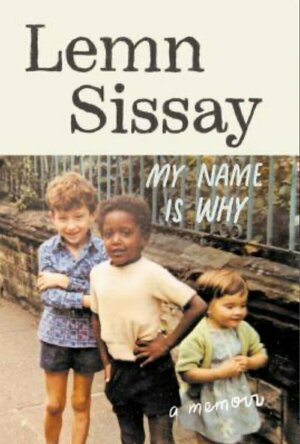
The Wheels On The Bus Musical
Education and Games
App
~~> 12 fabulous games including the full sing along in one great kids app! ~~> 11 beautiful verses...
ClareR (6059 KP) rated My Name is Why in Books
Oct 29, 2019
I’m so glad that Lemn wrote this book, because I’m sure that it speaks for all those children and adults who experienced life in care. And I hope that the right people read this: those who take care of all of those children. I’m full of admiration for Lemn Sissay and all of the work that he does: his poetry, his broadcasting, and the work that he does for care leavers at his Christmas dinners. I will have been to watch Lemn three times: heard him read his poetry, his one man play, and the third time will be when I see him talk about this book at my local library/ theatre/ cinema (Storyhouse in Chester, UK). And to be quite honest, he always inspires me whenever I see him. This is an inspirational book too - against the odds, Lemn has made something (quite a big something actually) of his life.
This is a wonderful book that I’d recommend all human beings to read.
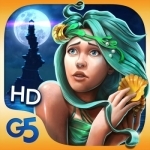
Nightmares from the Deep™: The Siren’s Call HD (Full)
Games and Entertainment
App
Ready for a spine-tingling sequel to your favorite adventure? Plunge into Nightmares from the Deep:...
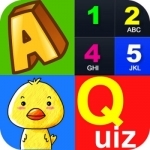
BabyApps: ALL-IN-1
Education and Entertainment
App
❃ Get ALL 5 BabyApps for $1.99 ❃ - Flashcards - Dial-a-Phone - Color Piano - Letter Board -...

Lil World - illustrated world on your photo
Photo & Video, Utilities and Stickers
App
Art-Photo-Editor Lil World has a huge library of unique author illustrations from Different authors....

Philosophy Now
Education and Magazines & Newspapers
App
Philosophy Now is a magazine for everyone interested in ideas. It aims to corrupt innocent citizens...
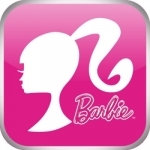
Barbie Magazine - South Africa Interactive
Lifestyle and Magazines & Newspapers
App
The next best thing to owning the doll, is reading Barbie magazine Barbie has been around for more...
The Man Who Created the Middle East: A Story of Empire, Conflict and the Sykes-Picot Agreement
Book
At the age of only 36, Sir Mark Sykes was signatory to the Sykes-Picot agreement, one of the most...
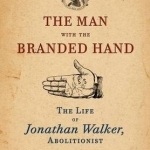
The Man with the Branded Hand: The Life of Jonathan Walker, Abolitionist
Book
Sailing around the Florida Keys in 1844, forty-five-year-old Jonathan Walker had a price on his...
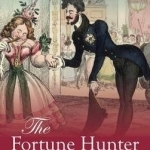
The Fortune Hunter: A German Prince in Regency England
Book
The two decades after Waterloo marked the great age of foreign fortune hunters in England. Each year...
